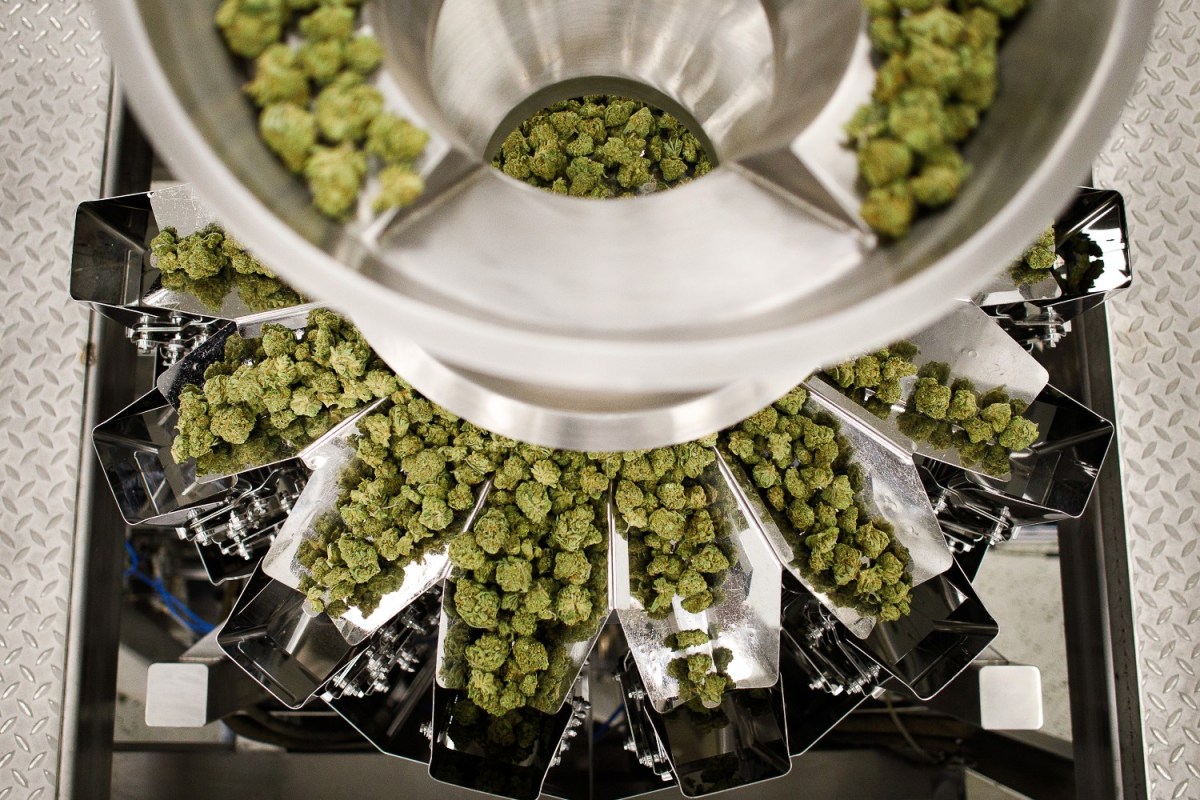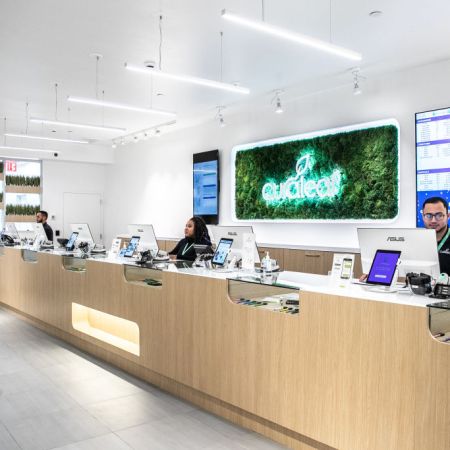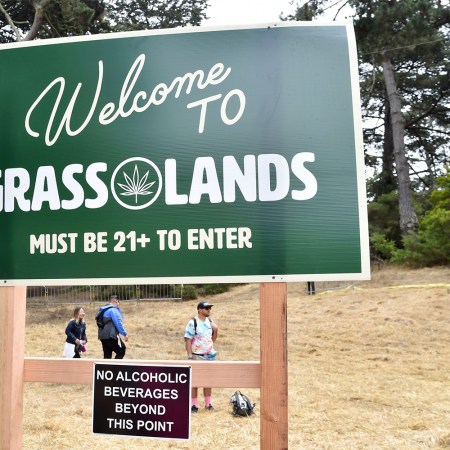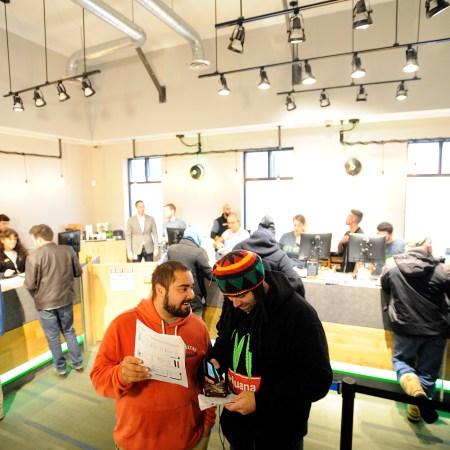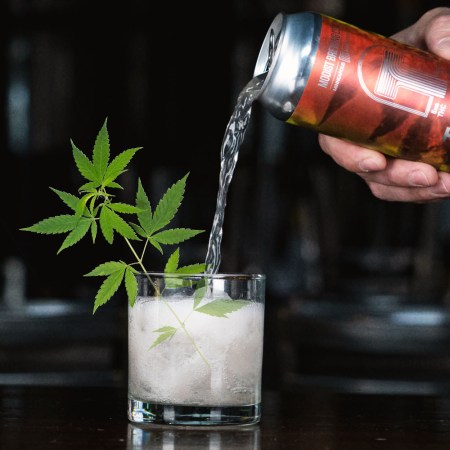Legalizing marijuana in a specific state can have make an impact on that state’s economy — even when, in some cases, the rollout of that legalization has been bumpier than anticipated. There are also advantages to a regulated weed market — specifically, that legal weed offers buyers a way to know precisely what’s in whatever they’re buying, from the strain to the strength of the product.
And yet, for some, opting in for legal weed may be more trouble than it’s worth. In a new article for NPR, Martin Kaste explored the fact that California’s cannabis legalization has not done away with illicit sales of marijuana in the state. Bill Jones, head of the California Department of Cannabis Control, told NPR that “The black market is very pervasive and it’s definitely larger than the legal market.”
Kaste’s reporting cites a number of factors informing the endurance of black market marijuana sales, including law enforcment holding off on regulating certain laws. There’s also the fact that businesses operating outside of the law are getting better at competing with their legal counterparts “[Y]our black market is going to react strategically by adjusting prices and levels of quality,” Tiffanie Perrault, an expert in cannabis markets, told NPR.
Legal Weed Puts Some NJ Police in an Awkward Position
Jersey City’s mayor has pushed back against police using cannabis even when off dutyFinding an answer for this remains a challenge for state and local governments. For one thing, there’s the question of the extent to which law enforcement should be involved — and what the effects could be on “grey market” shops such as those that have proliferated in New York. Much like the process of marijuana legalization itself, there are few easy answers to be found.
This article appeared in an InsideHook newsletter. Sign up for free to get more on travel, wellness, style, drinking, and culture.
